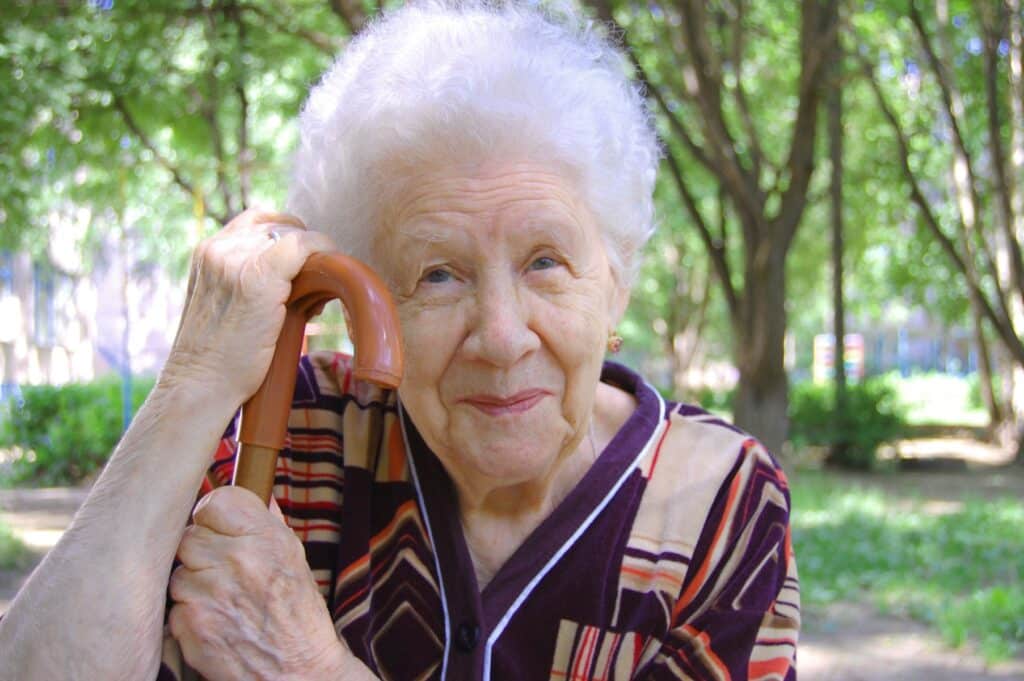Does Your Elderly Loved One Have Vertigo?
Many people underestimate what vertigo can do to someone’s life until they see it happening. If your elderly loved one has been diagnosed with vertigo, it would be helpful if you could learn as much about this condition as possible. The more you can learn about this condition, the more you can help your elderly loved one to live with it. It is important to share any information you learn with your loved one’s senior care providers, as well.

Home Care Services in Amagansett NY: Vertigo
Reasons for Geriatric Vertigo
If your elderly loved one has developed vertigo it would generally be referred to as geriatric vertigo. What does this mean exactly? It isn’t just dizziness. There is a cause for it. The main cause of this type of vertigo is when bits of calcium break up throughout the inner ear and go into the ear canal. This is called BPPV or benign paroxysmal positional vertigo. When the calcium pieces float through the ear canal, the body thinks it is moving, even though it isn’t. This is when the dizziness occurs. Most often people get dizzy with vertigo when they stand up or get out of their bed. The calcium has had time to slow down and then getting up jolts it into movement. The good news is there are some things that can be done to help your elderly loved one.
Ways to Help Your Elderly Loved One
If your elderly loved one has vertigo, there are some ways that you can help them. Some of these ways include the following:
Epley maneuver – Research shows that this maneuver will work the majority of times. It only takes 5 minutes of your elderly loved one’s time (each time they try it). They just need to rotate their head when they are sitting down and then lay down on their side. This will loosen the particles and reposition them. Depending on your elderly loved one, they may get relief right away or it might take a few days.
Medication treatments – If needed, your elderly loved one’s doctor may prescribe medications to help treat their vertigo. The reason that medication might be prescribed is if the vertigo is being caused by vestibular nerve inflammation. While these medications aren’t going to cure your elderly loved one’s vertigo, they might be able to help with the management of their symptoms.
These are some of the options that your elderly loved one has if they are experiencing or diagnosed with vertigo.
If your elderly loved one is experiencing dizziness regularly, they should consult with their doctor. You can have their senior care provider take them to their doctor’s appointment. Once a diagnosis is made, the doctor can decide which plan of action to put into place. They may decide on maneuvers, such as the Epley maneuver, or they may decide on medications. In some cases, it may be a combination of both.
If you or an aging loved one is considering hiring Home Care Services in Amagansett, NY, call the caring staff at Artful Home Care today at 631-685-5001.
Sources
Ncbi.nlm.nih.gov
Nytimes.com
Clevelandclinic.org
- What Can Seniors Do to Improve Their Social Health? - April 21, 2025
- The Hidden Safety Benefits of an Organized Home - April 3, 2025
- Artful Home Care Presents Planning Your Legacy: An End-of-Life Strategy Session - March 27, 2025

